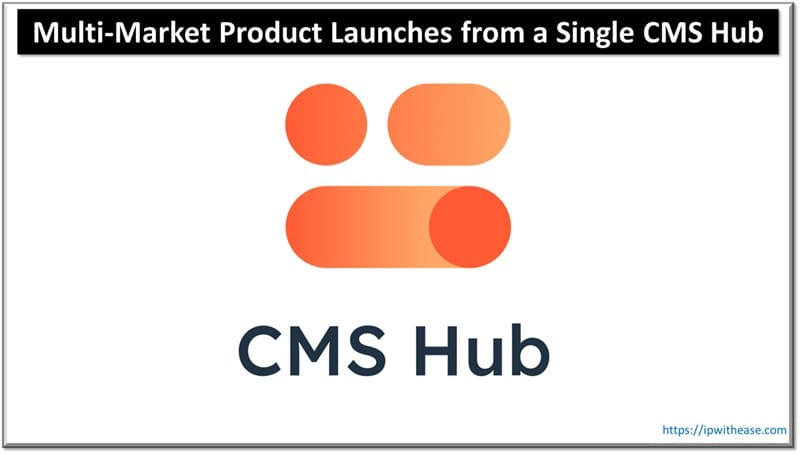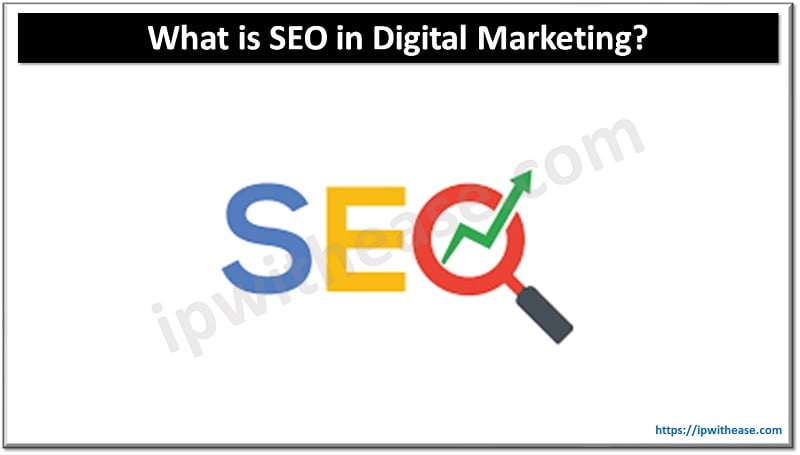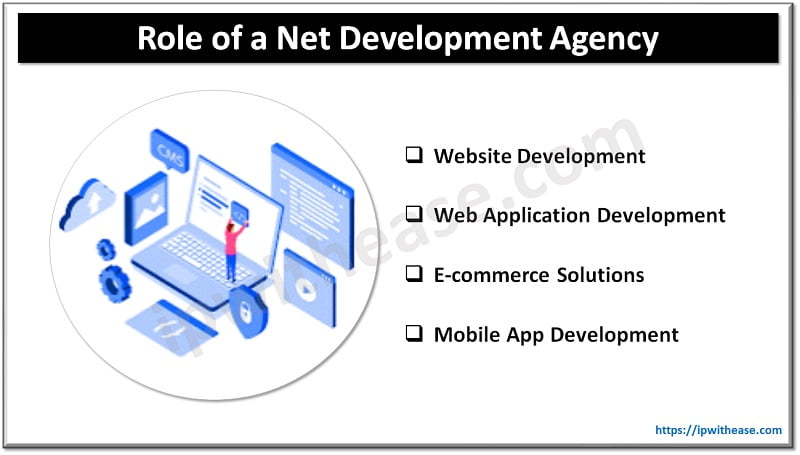Table of Contents
It’s one thing to even launch a product in one country. Now multiply that effort and different language and cultural expectations across the world. For multinational enterprises trying to get everyone on the same page, with brand equity intact and now full appreciation of the target audience with localized efforts simultaneously it’s a lot. Yet not with a singular CMS hub. The ease of access for content via one center location makes even the most challenging, multi-market launches feasible with the operator cementing all content, workflow, and governance integration along the way.

Manage Time Zones and Other Considerations with International Launches
Launching in multiple markets doesn’t just require campaign logistics to function across a divided time zone. There are varied regulations and customer behaviors and media environments that infiltrate these regional slices. What may be a tongue-in-cheek joke for one population could come off as offensive in another, acknowledging these factions is critical to maintaining credibility.
Many companies have tried doing this in the past by having a separate system with a separate team, removed from the comprehensive campaign, but this introduces silos. Silos for content efforts create duplicated efforts, uninformed brand cohesion and uneven achievements across the board. Explore the Storyblok platform to see how a CMS hub can mitigate these challenges by offering a collaborative jumping-off point for all markets to work from, reducing errors and championing cohesion worldwide.
Establishing Centralized Content Ensures a “Single Source of Truth”
The global branding experience all but relies on consistency. But relying on separate regions to each maintain their own repositories makes consistency nearly impossible. A hub creates a “single source of truth.” From product copy and visual assets to disclaimers and campaign direction, everything exists in one place. Worldwide teams utilize the same master materials in the same universe and are on the same page from day one. This doesn’t mean they have to operate under the same strictures, however from the same foundation, they can pivot to meet regional demands without sacrificing brand integrity.
Improved Localization Processes and Translation Workflows
Another challenge that multi-market launches endure is translation and localization. Often, translation isn’t good enough; regions need adjustments based on cultural relevance, local sensitivities, humor and images/tone used. A CMS hub with localization workflows can alleviate this stress. Content can go directly into translation workflows from initial creation and automatically link back to its original version. Even review stages can be integrated so local teams can vet and approve translations before live launch. This reduces errors, gets campaigns to market faster and makes content feel truly relevant to the audience it serves.
Timing the Global Launch
When the global launch happens it can kill or save a campaign. If a product launches in Europe before it comes to the United States, by the time it gets to US clients, the buzz may be gone. Still, sometimes international launches need to happen simultaneously due to regional retail moments like China’s Singles’ Day, back-to-school time in the UK and a CMS hub allows the organization to control the timing from one centralized location like a calendar that allows for regional launches but still provides global oversight. This timing fosters global cohesiveness with opportunities for localization so that teams can flesh out campaigns for maximum success in all markets, concurrently.
Control Without Stifling Creativity
The greatest concern for global brands is how to control without stifling creativity. An overabundance of centralized control and regional teams won’t want to execute; an underabundance lands campaigns radically off-brand. A CMS hub provides the global team an opportunity to create controlled structures, approval paths, permissions and locked assets with regional organizational control to change messaging.
For instance, while a tone may need to remain consistent, local teams can find better phrasing, change images, and substitute highlights for regionally focused benefits all under brand guidelines. This type of structure supports brand integrity through empowered control but empowers creative license due to locale relevancy.
Creating Faster and At Scale with Modular Content
Going global means going faster, but creating something unique for every market all the time isn’t always practical. A possible solution? Modular content. A CMS hub allows content to be chopped down into secondary bites, product copy, promotional headlines, call to action buttons, disclaimers, etc. and reused where and when necessary. No one starts from scratch because pieces are vetted at the onset and campaigns can be assembled with chosen, pre-approved pieces instead.
This tremendously speeds up the creation process and lessens the chance for errors by omission. If the chopped up modules were already vetted by legal, graphics and branding, regional teams don’t have to worry about getting in trouble with CMS; they know compliance and creative concerns have been rectified already.
Real-Time Analytics to Make a Global Strategy
Launching in multiple markets without analytics is like road-tripping without a map. Every market varies in its response, and without tracking performance, brands are inevitably going to give budgets to strategies that don’t work. However, with a CMS hub connected to the analytics software, brands have access to real-time performance data across all markets.
Teams can understand what’s resonating, how engagement is tracking, and how regional versus global results vary. Having all data in one centralized location enables organizations to adjust campaigns in real-time so that even ongoing launches remain relevant. In the end, performance data contributes to a global playbook for a more strategic approach the next time.
Alignment Between Global Teams and Regional Teams
Every successful launch is powered by people, and one of the most challenging aspects of multi-market launches is getting global teams based out of headquarters to align with regional offices. Without a centralized location for communication, things can go haywire and timelines can falter.
A CMS hub allows everyone to operate within the same realm with transparency into the process, deadlines and approvals. Regional teams understand what’s expected of a global vision, and global leadership can assess progress on regional adaptations. This transparency encourages collaboration while avoiding friction, allowing teams to focus on getting it done.
Cost-Effective Solutions Through Consolidation
Multi-market launches are expensive, but leveraging a CMS hub can substantially reduce costs. Instead of creating duplicative efforts across multiple markets, brands create core assets one time and use them repeatedly. Costs for translation are lower due to workflows, and delays in approvals are reduced due to automating actions. In addition, errors due to compliance are lessened which saves costs from potential mistakes. Quality increases by working within one hub which also ensures resources are used more efficiently so that multi-market launches are worth the costs over time.
Future-Proof Global Launches
The digital landscape evolves. New channels launch, consumer behavior shifts, and technology impacts how people discover and engage with products. A CMS hub future-proofs launches by creating the capability to integrate seamlessly via API-driven linkages where content can exist in any emerging channel. From new social channels to new smart technologies to even new digital immersive realities like AR, content can comply without having to retrofit systems down the line. This adaptability keeps brands agile for new opportunities and the potential to offer best-in-class launch experiences no matter how the digital landscape shifts.
Building Momentum for Success
A product launch is not a one-and-done situation, but rather the start of something. How brands implement, assess, deliver and measure content will impact customer perceptions for long-lasting brand equity. Therefore, a CMS hub allows brands to build upon each launch with improved workflows, better localization, and scaled modular content strategies. Over time, every market launch will become easier and faster with more impact. Instead of starting from scratch, teams can build momentum that turns product launches into scalable equity stories that enhance global legitimacy while fostering long-term growth.
Collaboration Across Time Zones
Launching products in different countries often means working with teams across regions and time zones. Without a central hub, communication gaps can slow progress and create pitfalls. A CMS hub solves that problem by offering a workspace where all tasks, approvals and pieces of content are visible regardless of geography. Team members can work asynchronously, leaving behind updates and approvals for others to address during their “work hours.” This creates a smoother, more predictable process where launches are not delayed because of schedule conflicts.
Compliance and Legal Mapping
Launching products in various territories often means compliance changes. Whether advertising regulations or product disclaimers or even image focuses differ in one country versus another, a CMS hub ensures compliance with legal reviews inserted directly into the workflow. Global teams can lock universal elements disclaimers or product approvals while local teams ensure regionally-mandated requirements are satisfied. This not only protects against legal issues but also ensures every campaign qualifies for global appeal with regional execution.
Omnichannel Campaigns for a Multichannel World
Products are launched across channels today. From websites to apps to social media and responsive marketing to emails and offline initiatives, if product launches are left to the digital team to spearhead, the customer experience will suffer if the consumer wants to engage via email or physical store. A CMS centralizes communication for omnichannel publishing because it can push the same content simultaneously across all locations. This is easier for teams to collaborate, and, from a consumer point of view, everything is accessible to them everywhere, and what they experience in one place operates under the same umbrella as the next. This creates a more powerful experience and transcendental memory.
Leverage Every Launch as an Opportunity for Learning
Each launch provides insight into what consumers enjoy and vibration within the market, wants and needs regionally, and content performance. But siloed teams lose out on the benefits of learning from each other and using a CMS hub to bring information to one central location lets each team learn from others instead of relying upon one teams’ insight. A CMS hub brings everyone into the realm of experience, regardless of geography.
Thus, if a product launches only in New York, there may still be behavioral trends in Tokyo that other teams can work smarter, faster when they discover it. Creative teams will know what works and doesn’t better. Localization will know what needs to be adjusted for the next time. Even technology teams will better know how to work with which platforms for which regions. Without the ability to foster a data center of what’s going on across the globe which is working, teams can only learn from hindsight instead of having hindsight as a facilitator.
Consistent Customer Experience for All
Whether the customer is in Tokyo, New York, or Berlin, if they interact with a brand, it should feel like it operates under the same umbrella. A CMS hub allows brands to ensure that even channel-specific assets, product descriptions, and images match tone and quality across the board. Localization can shift the output with different language nuances or images that speak to cultural sensitivities, but the major brand promise must align. When it does, customers feel good with trust and loyalty and are likely to return with business after the launch moment.
Conclusion
Operating multi-market product launches from one singular CMS hub is not only a technological decision but a strategic opportunity to grow on a global scale. It allows for governance and consistency while championing content with cultural nuance and leveled timelines across international relative deployments. The governance, modularity, analytics, and flexibility for the future are what will make every new launch a success based on past successes. In a world of ever-evolving competition, this is the opportunity that gives brands the room to succeed, expedite scaling, and deliver genuine experiences no matter where they exist in the world.
ABOUT THE AUTHOR
IPwithease is aimed at sharing knowledge across varied domains like Network, Security, Virtualization, Software, Wireless, etc.



